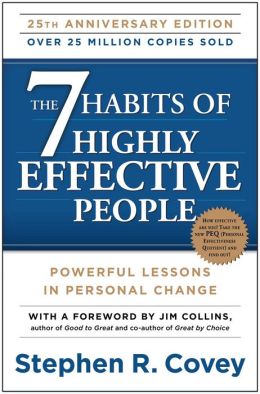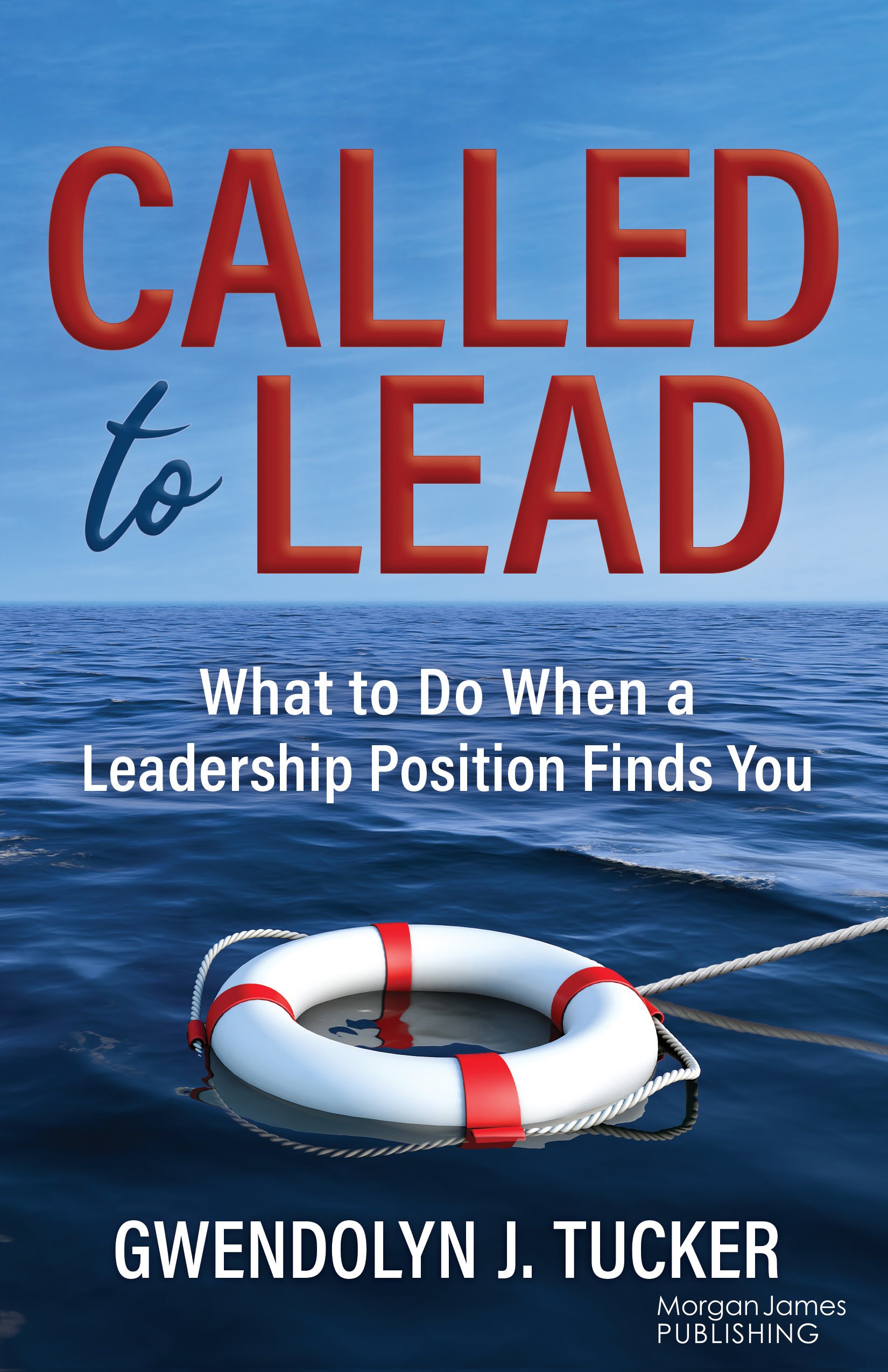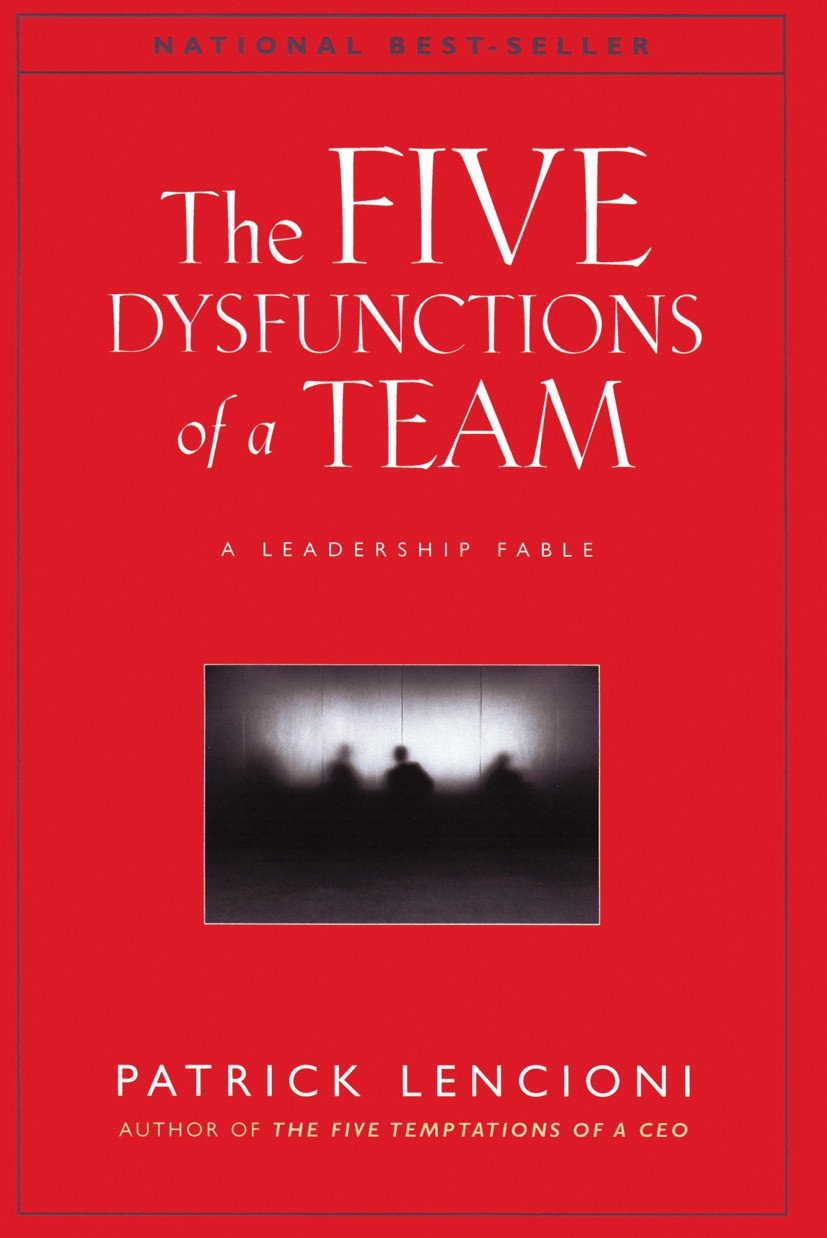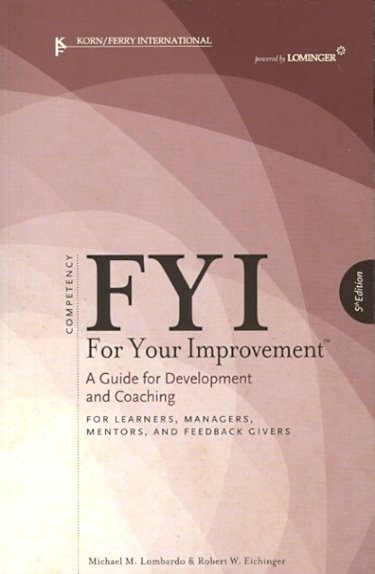Maturity Continuum
The 7 habits of highly effective people run along a Maturity Continuum and are separated into several distinct parts.
Written by Stephen R Covey, The 7 Habits of Highly Effective People is one of my favorite books of all time. What I have learned from reading and practicing the habits has influenced me personally and professionally.
I was introduced to this book more than twenty years ago. Since then, I have read, re-read, and taught concepts from the book.
As a coach, it is one of my best go-too coaching tools to help clients, both leaders at all levels within and organization and individual contributors, become more effective in their roles.
Let's take a look at the Maturity Continuum in more detail.
Maturity Continuum
I had the privilege of designing a course I call "The Essentials" as part of a leadership series based in the 7 Habits of Highly Effective People.
It was developed for a group of aspiring leaders eager to achieve success in their careers, and who wanted to know how to develop the habits to make that happen.
By developing highly effective habits, they could move from Dependence to Independence to Interdependence.
Dependence
At some point in our lives, all of us have been totally dependent on someone else. (Think back to when you were a baby. As infants, none of us could fend for ourselves. We needed help and were totally dependent upon our caregivers.)
But as we grew up and matured, we were taught (or learned) how to do more and more things on our own. In essence, we learned how to take care of our own needs and/or ask for help.
That is very similar to what happens in our growth and development, especially as leaders. At first, we need lots of support and assistance, but as we mature, we require less support but find ourselves helping others who are ramping up the learning curve. That is just what leaders do, especially, leaders who lead.
Taking the initiative is what moves us from dependence to independence.
Independence
Moving from dependence to independence requires us to take responsibility for our own actions, as well as understand the consequences of our actions.
It is very possible that I can be proactive instead of reactive, but it requires me to develop the willingness and ability to do so.
I can begin with the end in mind, not moving haphazardly but with a clear aim and focus. And I can put first things first. Not only "I can" but "I will."
This is what Covey refers to as Private Victory.
According to Covey, private victory precedes public victory. Or to say it another way, inner success comes before outer/external success.
It is what Covey calls the Inside/Out Approach.
Private Victory will help you gain independence by taking full responsibility for those things you can control.
For success in this area, you must:
- Be Proactive
- Begin with the End in Mind
- Put First Things First
Mastering these habits can be daunting, but doing so will position you for developing your ability to work interdependently.

Interdependence
Interdependence comprises the habits of Public Victory.
Stephen Covey's Public Victory includes the Paradigms of Interdependence:
- Habit #4: Think Win/Win (Paradigms of Human Interaction)
- Habit #5: Seek First to Understand, Then to Be Understood
- Habit #6: Synergize
If you are like me, you have been encouraged to be responsible; be independent. Independence has its place, but true collaboration involves being interdependent - striking a healthy balance between independence and dependence.
It requires one to be open, to be vulnerable, to trust (both themselves and others), mastering the habits comprising Private Victory.
It includes having the desire and ability to not only "Think Win/Win" but to align our actions with that desire.
It means taking the initiative to seek first to understand instead of insisting on being understood first.
Plus, it requires seeking synergistic solutions, realizing that 1+1 is so much greater than 2.
It really is an exercise in maturity: think not only about me, but about we, Especially when our success demands that we learn how to work well together.
Finally, Sharpen The Saw is focusing on continuous improvement, which is necessary to achieve increasing levels of success.
Want To Know More?
I was introduced to the 7 Habits more than twenty years ago and have read the book from cover to cover at least fifteen (15) times. I continue to see the relevance of the Maturity Continuum, finding ways to practically apply it both personally and professionally.
Also, I complete the Personal Effectiveness Assessment at least once a year. I encourage you to do the same.
It will show areas of strength and weakness which can be used in developing your SWOT Analysis and individual development plan.
I hope this information will be as helpful to you as it has been to me. Let me know how it goes. (Smile!)
Improve Your Relationship with Your Boss
Are you looking to improve your relationship with your boss? If so, the Boss Relationship Worksheet will help you better understand and communicate more effectively with your immediate supervisor.
To download your copy, submit your information on the form below.
After completing the Boss Relationship Worksheet, you will find that the following will prove helpful in showing you how to cultivate a better working relationship with your boss:
 |
I published my first book and I am beyond excited.
Get your FREE copy of Called to Lead!
ORDER PRINT HERE
Leaders don't
create
followers.
Leaders
create
other
leaders.
- Tom Peters













